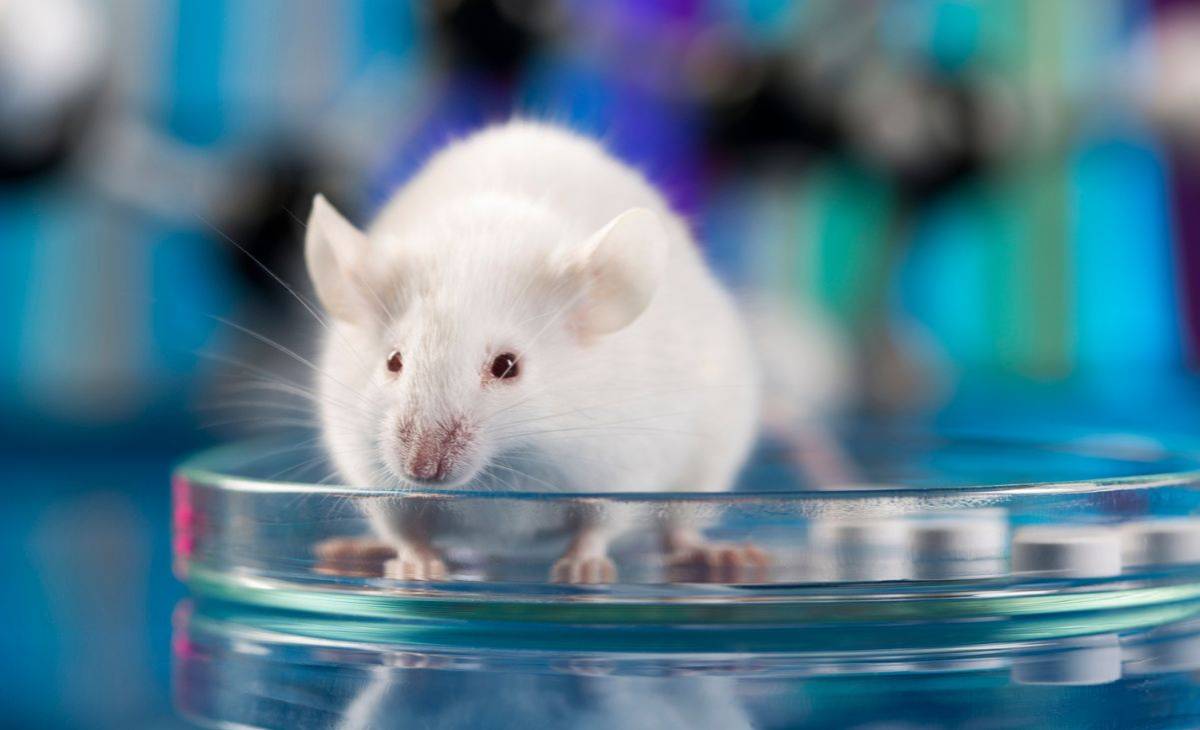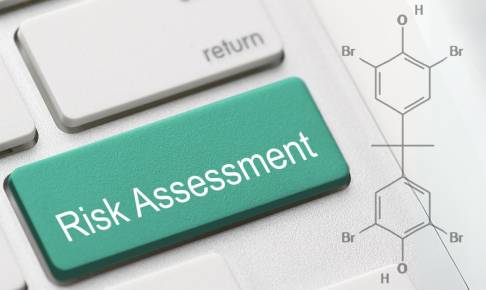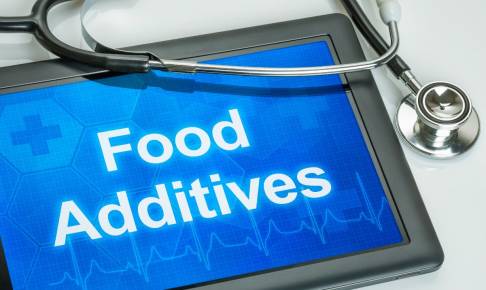EFSA launches new platform to reduce animal testing in food safety
The European Food Safety Authority (EFSA), together with several national agencies and academic partners, has unveiled a new open-access platform called TKPlate, which is set to revolutionize the field of toxicology and reduce the need for animal testing in food safety. The platform allows scientists and regulators to model and predict the toxicity and behavior of chemicals inside humans and animals.
Animal testing has long been the standard practice for assessing the safety of chemicals in food, feed, medicines, and other products. However, ethical and scientific concerns have led to a growing demand for alternative methods that minimize animal suffering while providing accurate toxicity information.
TKPlate was conceived in 2014 following a scientific report on alternative testing methods. Over the years, EFSA and research organizations collaborated to develop toxicokinetic (TK) (how the body manages chemicals) and toxicodynamic (TD) (what chemicals do to the body) models. TKPlate now serves as an online platform that enables risk assessors to model and predict how the body interacts with chemicals and the resulting toxic effects.
The platform covers multiple species, including humans, test animals like rats and mice, farm animals, and organisms in the food and feed chain. By inputting parameters such as species, chemicals, and exposure type, users can run the models, which calculate chemical concentrations in the body (TK) and predict the effects they may cause (TD). It works in the opposite direction too (estimate exposure from data such as blood or urine concentrations).
TKPlate offers additional features such as TK-TD modeling and a tool for assessing risks from chemical mixtures. It provides automated reports that detail all inputs, outputs, data, and graphs, which can be directly incorporated into scientific assessments as part of the evidence base. Creating TKPlate required extensive effort, involving the development, testing, and validation of complex models. The reliability and robustness of the models have been assessed through case studies that demonstrate their coherence and alignment with expectations.
While TKPlate is not yet integrated into risk assessments conducted by EFSA, the launch of the platform marks an important step towards implementing its use in chemical risk assessment. EFSA's Chief Scientist, Carlos Gonçalo das Neves, emphasizes the potential of TKPlate and other New Approach Methodologies (NAMs) to enhance risk assessment and reduce reliance on animal testing.
EFSA is exploring the applications of TKPlate's models to optimize the platform and provide training to staff and experts across Europe. The goal is to incorporate TKPlate into risk assessments carried out by EFSA's scientific panels and extend its use to other European agencies and national authorities.
The introduction of TKPlate signifies a new era in chemical risk assessment, offering a welcome reduction in animal testing while improving the quality and relevance of data used in assessments.
Source:






















